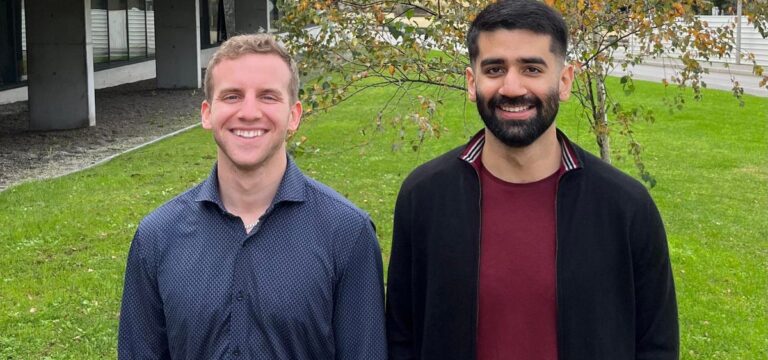
Synthetic intelligence know-how represents a serious alternative for diagnostics in medication: with the suitable coaching, AI methods can rapidly course of giant numbers of scans and pictures and establish issues with exceptional accuracy. However there’s a downside: coaching the AI is time-consuming and tedious. Enter RedBrick AI, a US startup that at this time introduced a $4.6 million funding spherical to speed up its scaling. its instruments and know-how could make an enormous distinction, one believes.
“AI is remarkably efficient at making diagnoses; For instance, you should utilize AI to automate 40% of breast most cancers diagnoses,” mentioned Shivam Sharma, CEO and co-founder of RedBrick AI. “Nevertheless, there’s a actual problem: These methods are usually not straightforward to construct, and healthcare specifically poses distinctive issues.”
Put merely, to coach an AI system, researchers want to indicate it as a lot knowledge as doable – pictures and scans if you wish to train it to learn them. Every scan must be annotated to inform the system what it represents — maybe a picture of a cancer-free affected person, or a picture with a probably problematic space that must be examined — so the AI can be taught what it is .
The issue right here, Sharma says, is that nobody has developed instruments to assist clinicians rapidly and simply annotate pictures so giant quantities of information may be rapidly fed into the AI system. “As a result of complexity, dimension and uniqueness of medical pictures, clinicians should resort to conventional and cumbersome medical instruments to annotate,” he explains.
On this regard, Redbrick AI’s distinctive promoting level is that it has developed a set of devoted annotation instruments designed particularly for the healthcare occupation. It believes its instruments can assist clinicians and programmers scale back the time it takes to coach an AI system by as much as 60%.
This represents a major breakthrough and opens up the opportunity of accelerating the appliance of AI in healthcare. The medical occupation could be very open to such functions. In 2021 alone, the U.S. Meals and Drug Administration accepted 115 AI algorithms to be used in medical settings, an 83% improve over 2018, however there’s room to go a lot additional and quicker.
Redbrick AI believes it improves on present know-how in a number of essential methods. First, its instruments are tailored for the medical sector, slightly than counting on extra normal strategies that do not all the time mirror the nuances and specifics of healthcare. As well as, the instruments are rapidly accessible by way of the platform and can be utilized with out prior coaching. Additionally, the platform features a vary of automation options that may handle and velocity up workflows.
It is a value proposition that is rapidly gaining traction within the healthcare sector, with shoppers from the US, Europe and Asia signing up within the firm’s first 12 months of trading. Redbrick AI presents its instruments by a software-as-a-service mannequin, the place clients pay month-to-month subscriptions to entry the platform based mostly on their consumer rely.
“With the speedy development of AI within the medical setting, researchers want wonderful instruments to construct high-quality datasets and fashions at scale,” provides Sharma. “Our clients are on the forefront of this development and are pioneers in every part from surgical robots to automated most cancers detection.”
Redbrick AI co-founders Derek Lukacs and Shivam Sharma
Redbrick AI
As we speak’s fundraiser goals to assist Redbrick AI attain much more of those clients over the subsequent 12 months. Sharma expects to make use of a part of the cash raised to additional develop the corporate’s instruments. It has additionally earmarked funding for its go-to-market technique, which Sharma sees alternatives to work with a wider vary of enterprise shoppers – the large medical analysis and know-how corporations – in addition to smaller groups of healthcare professionals.
The $4.6 million seed spherical is being led by Surge, Sequoia Capital India’s scale-up program, which incorporates Y Combinator and numerous enterprise angels.
Sharma and his co-founder Derek Lukacs are excited concerning the alternative to scale the corporate quicker. “On this room, every part begins and ends with the hospital,” says Sharma. “It is the supply of the uncooked knowledge, however that is additionally the place our know-how will in the end have the best affect – delivering higher outcomes for sufferers.”